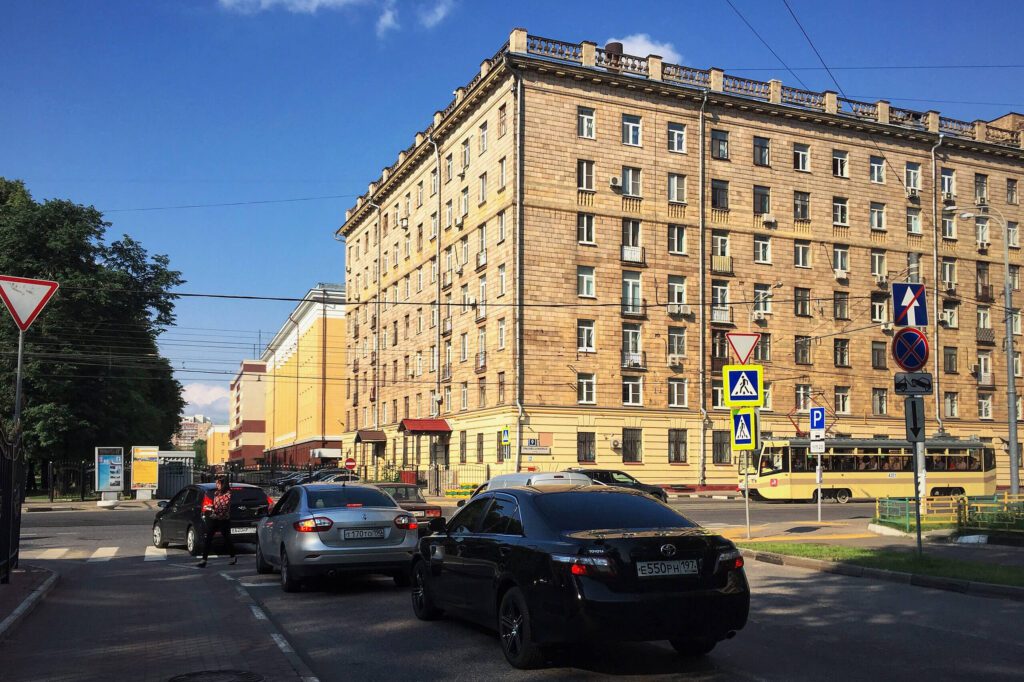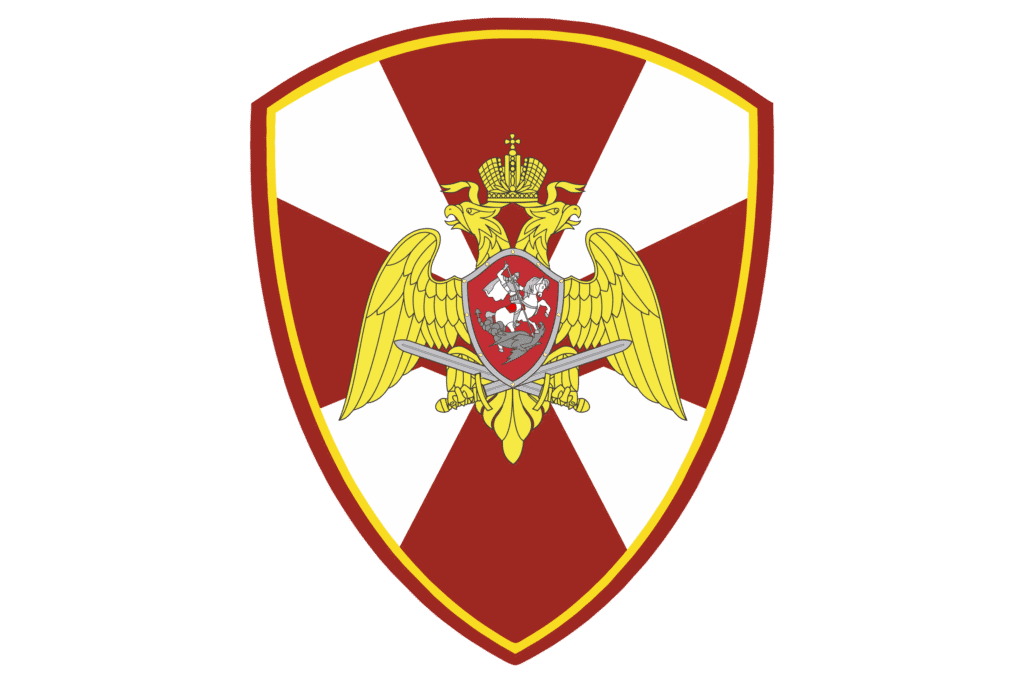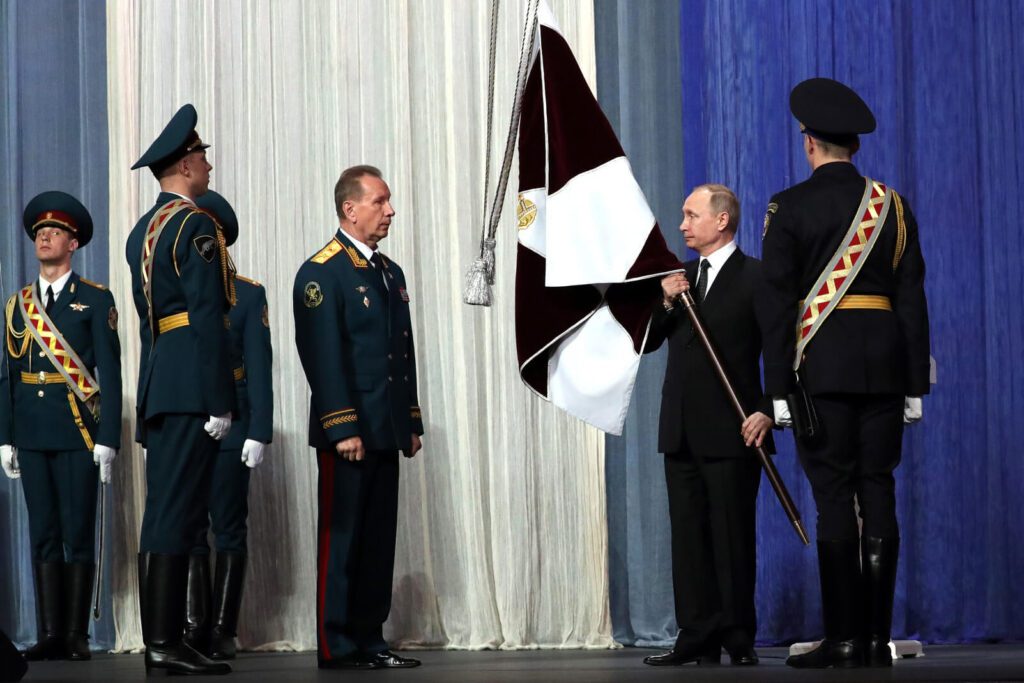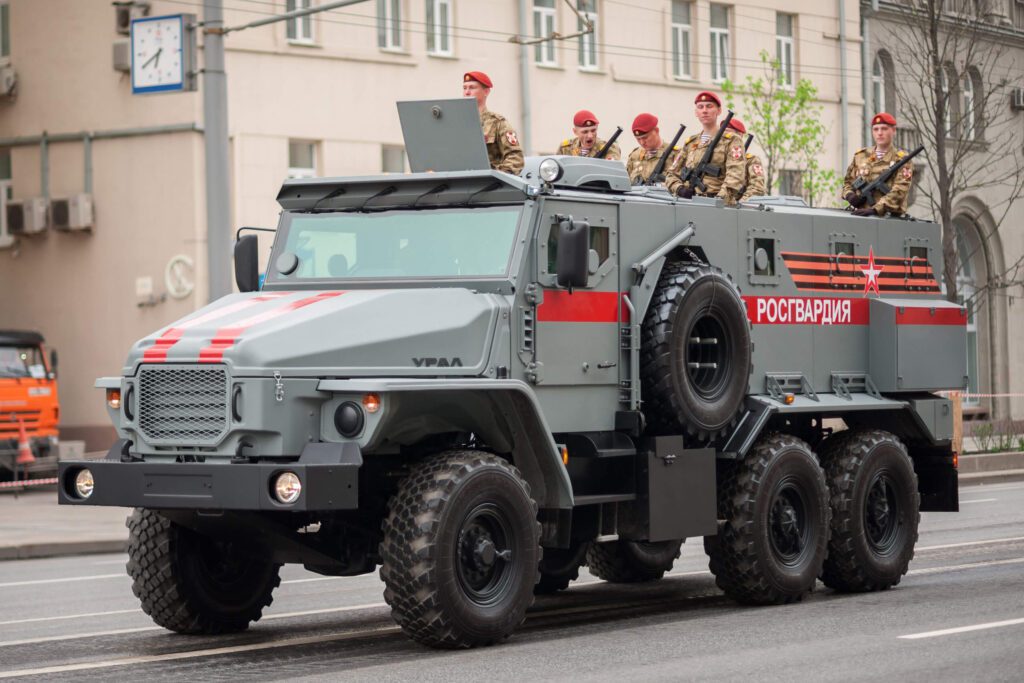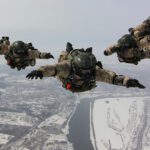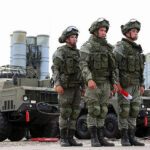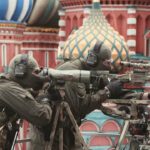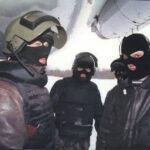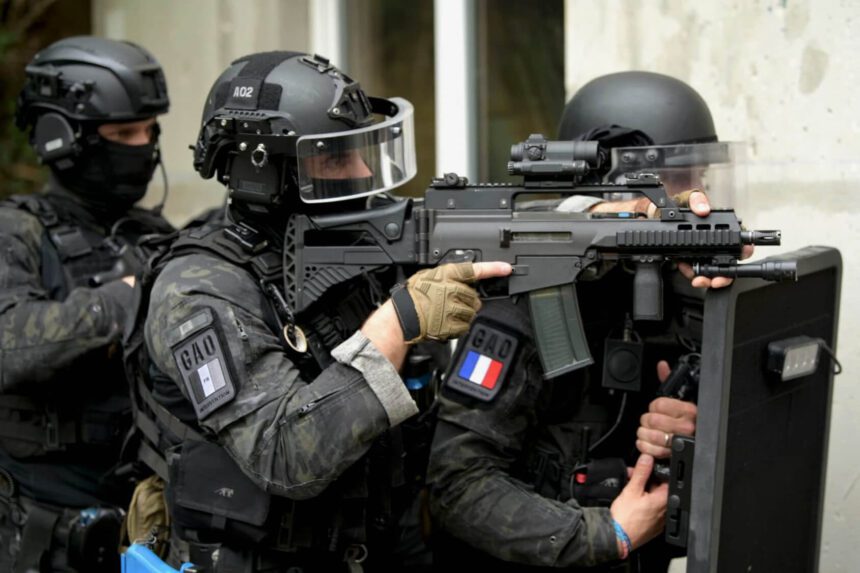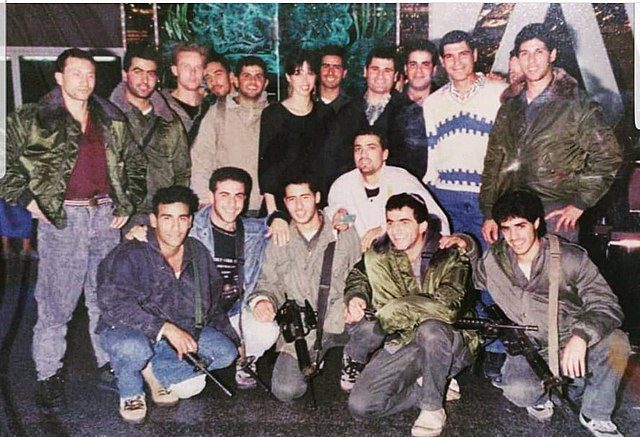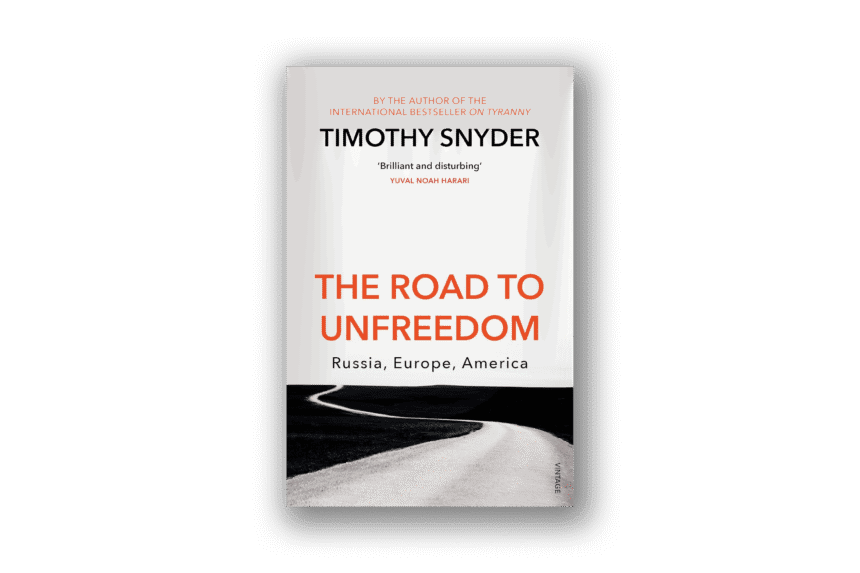What is the Rosgvardiya?
To understand how Vladimir Putin keeps control inside Russia, you must understand Rosgvardiya. Known as the National Guard of Russia, it functions as a paramilitary force reporting directly to the president. Rosgvardiya polices protests, secures borders, and suppresses dissent. It acts less like a traditional law enforcement body and more like the Kremlin’s private army.
Origins and Formation
Putin created Rosgvardiya in 2016 by merging Interior Ministry troops with special police and riot control units. The reform concentrated power under a new structure designed to bypass traditional checks. Viktor Zolotov, Putin’s former bodyguard, became its first commander, ensuring loyalty not just to the state but personally to the president.
Structure and Oversight
Rosgvardiya answers only to Putin. It commands over 300,000 personnel, including riot police (OMON), rapid response units (SOBR), and aviation assets. Unlike the Ministry of Defence, which manages external war, Rosgvardiya focuses on domestic security. Its structure mirrors that of a military but serves political ends inside Russia.
Role in Internal Repression
The National Guard’s most visible function is suppressing dissent. It breaks up protests, intimidates opposition groups, and enforces political order. During the 2021 demonstrations in support of Alexei Navalny, Rosgvardiya deployed thousands of troops to crush rallies and detain protesters. Its presence signals that dissent will meet force.
Involvement in Ukraine
Although primarily domestic, Rosgvardiya has also operated in occupied areas of Ukraine. Units secured territory behind front lines, enforced loyalty, and managed population control. This role illustrates its hybrid nature: part police, part army, and part political enforcer.
Strategic Loyalty
Rosgvardiya’s chain of command ensures personal loyalty to Putin. By placing such a large force outside the Ministry of Defence, the Kremlin created a counterweight to the regular military. This structure prevents challenges from within the armed forces and guarantees that internal repression remains firmly under presidential control.
Importance in Hybrid War
Rosgvardiya represents more than riot control. It is a hybrid tool of repression, stability, and intimidation. For Europe, the existence of such a force underscores how Moscow maintains its authoritarian system while projecting strength abroad. Understanding Rosgvardiya means understanding the security architecture that underpins Putin’s rule.
